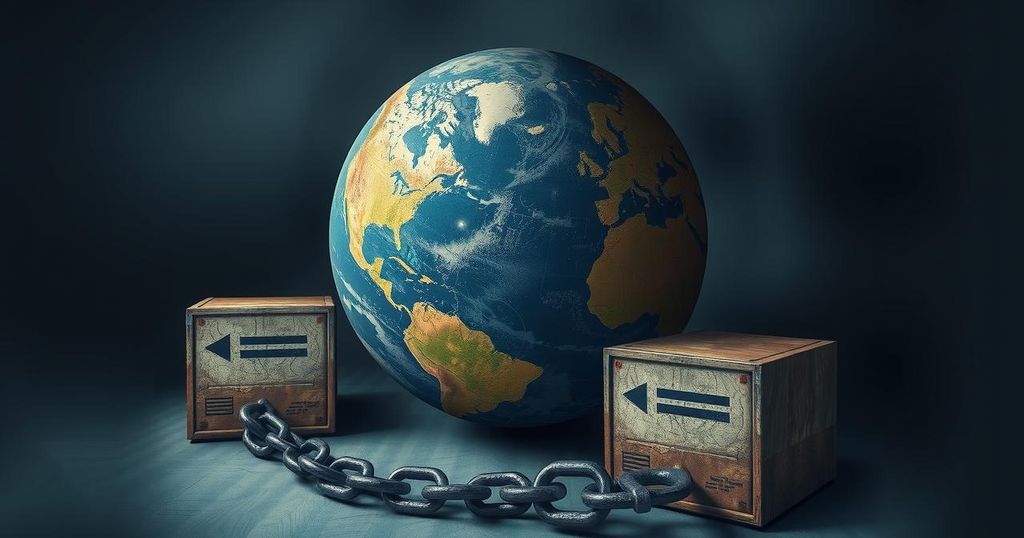Unpacking Trump and Musk’s Claims on South African Land Reform

Trump’s aid freeze to South Africa stems from its new Expropriation Act, which permits land expropriation without compensation, primarily affecting white landowners. Elon Musk has fueled fears regarding the law’s racial implications. However, the complexities of land reform in South Africa demand a deeper understanding of historical context and socio-economic realities.
The controversy surrounding Donald Trump’s decision to freeze aid to South Africa is linked to new land reform legislation, specifically the Expropriation Act. This law allows the South African government to acquire land from white citizens without compensation, a move that Trump has label as discriminatory and racially motivated. Elon Musk, who has South African roots, has driven this narrative further by accusing South Africa of having racist laws, but the complexities of land reform are more nuanced than such claims suggest.
The Expropriation Act aims to address historical injustices linked to land ownership in South Africa, influenced by centuries of colonialism and apartheid. Many white landowners benefited from a system that marginalized and dispossessed non-white citizens, leading to calls for reform and restitution to rectify these disparities. However, the implications of the Act raise concerns about potential economic impacts, stability, and global perceptions of South Africa’s governance.
In the background, South Africa also faces economic challenges that complicate the discourse around land reform. While the law aims for equitable land redistribution, critics question its implementation and consequences, fearing it could lead to agricultural decline and increased tensions between communities. The debate continues to evolve as both local and international leaders weigh in on the controversial measure.
Overall, the fearmongering about South Africa’s land reform law by figures like Trump and Musk taps into a larger narrative regarding race and property rights. As discussions progress, it remains crucial to approach the issue thoughtfully, considering its historical context and potential future impacts on South Africa’s socio-economic landscape.
The freeze on U.S. aid to South Africa, initiated by Trump under the guise of opposing racial discrimination linked to land reform, reflects broader misunderstandings about the Expropriation Act. Ultimately, this law aims to amend historical injustices, yet it is mired in controversy and differing interpretations surrounding ownership and racial equity. The narrative surrounding the legislation requires a more nuanced understanding of South African history and socio-economic dynamics.
Original Source: www.aljazeera.com






